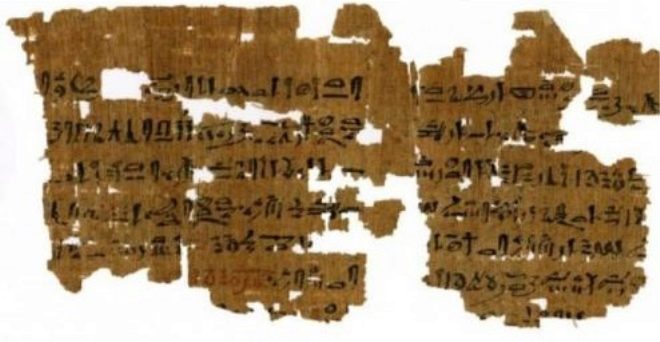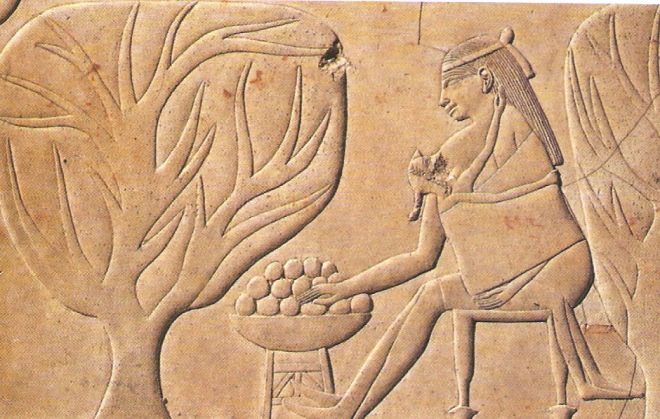Egyptian force: scientists have deciphered the ancient Egyptian pregnancy test
Scientists from Denmark (Copenhagen University of History) spent several months deciphering the recently discovered private collection of the ancient Egyptian papyrus and found out that it was about a pregnancy test.
It turns out Egyptians are also interested in the fact of the presence of "interesting position". But their test, according to an ancient document, also determined the sex of the unborn child.
Specialists of the faculty of Egyptology were quite surprised. Their research, sponsored by the Carlsberg Foundation (Germany), aims to establish some aspects of the political structure of ancient Egypt, its military and scientific history. But a pregnancy test no one obviously met.
The head of the group of Egyptian researchers Kim Riholt assures that the papyrus, which describes the pregnancy test, allegedly was created in Tebtunis - the ancient Egyptian city, founded in 1800 BC.
The methods of determining pregnancy and the sex of a child before his birth were quite interesting for Egyptians: a pregnant woman urinated in turns in two straw bags. In one bag straw was wheat, and in the other barley.
Further, the bags were observed. If the sprouts first made their way into the wheat sack, then one should have expected the birth of a girl. If sprouts in the barley bag were the first to break through, then they arranged a celebration on the occasion of the early birth of a boy.
If nothing germinated in any bag, it meant that there was no pregnancy at all.


